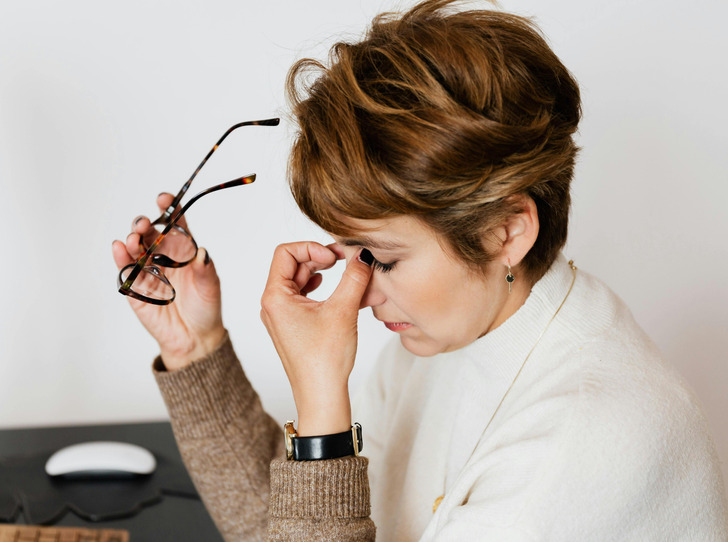I think, I can never earn over which I paid by my precedent employer, but I was wrong, world is so large to try their fate. but now I am making $52/h even more,and easily earn minimum $1300/week, on the experience everyone must try to do work online, easy way to earn, here's an example.
𝐰𝐰𝐰.Richnow1
10 Signs Your Body Might Be Begging You to Quit Caffeine
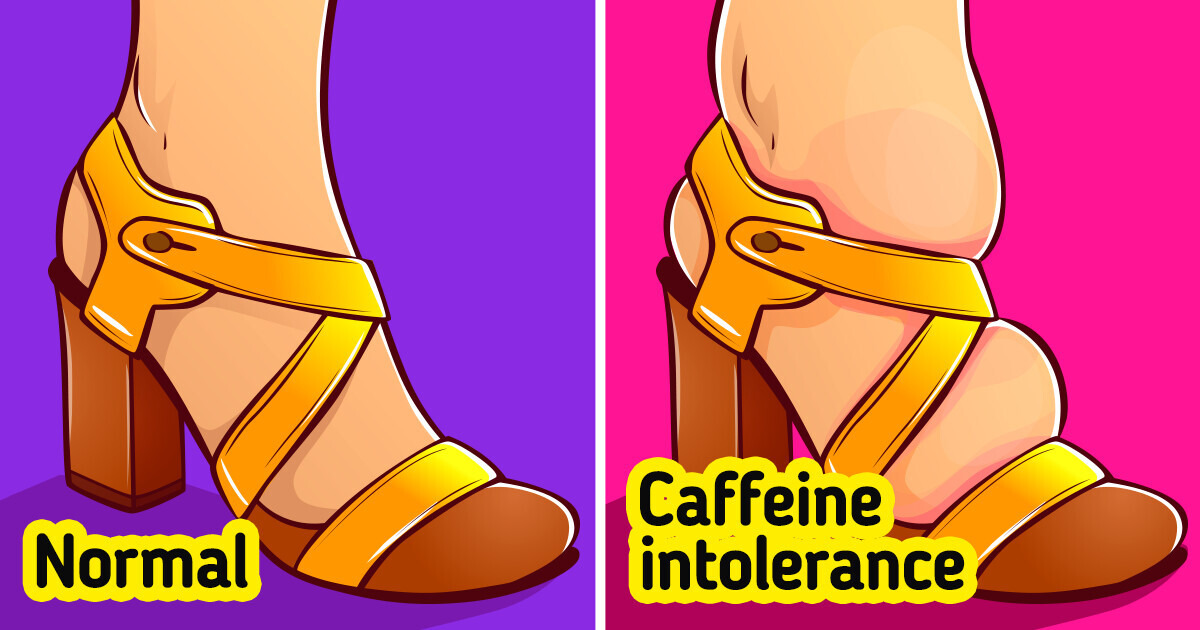
Caffeine might be the magical pick-me-up that powers your mornings, but for some people, it’s less of a miracle and more of a silent enemy. If you’ve ever felt off but couldn’t quite put your finger on why, your daily cup of coffee might be the culprit. It’s easy to overlook the subtle signs that your body is rejecting caffeine until they become impossible to ignore.
Restless legs
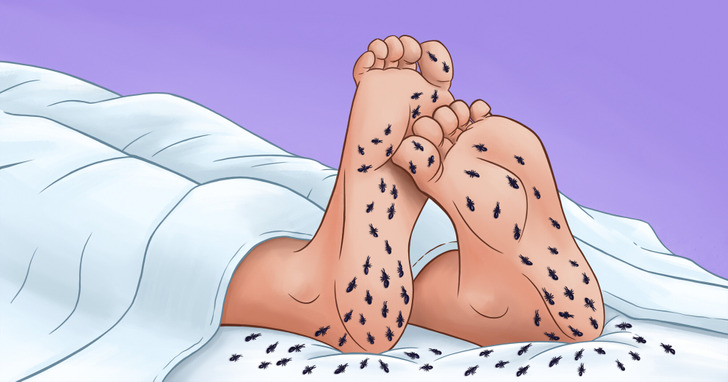
If you’ve ever felt like your legs just won’t stay still after a cup of coffee, caffeine might be the culprit. For some people, caffeine overstimulates the nervous system, triggering an uncontrollable urge to move their legs—especially at night. This jittery, restless feeling can make it hard to relax or fall asleep, leaving you tossing and turning instead of getting the rest you need. Since caffeine can stay in your system for hours, even an afternoon coffee could lead to a night of discomfort.
Flaky scalp
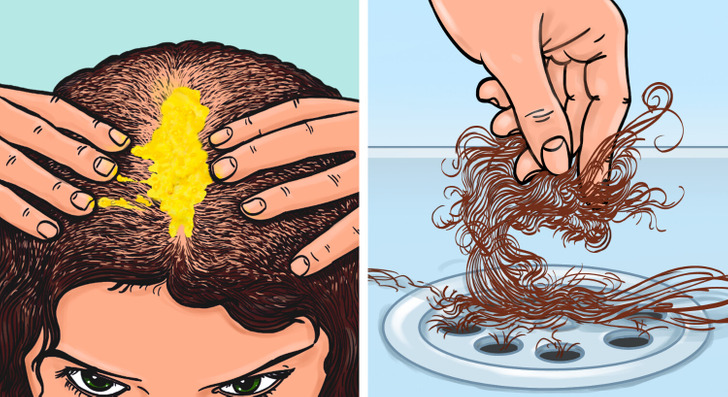
Caffeine’s dehydrating effects don’t just impact your body—they can also wreak havoc on your scalp, leading to excessive dryness or flakiness. A dry scalp isn’t just uncomfortable; over time, it can weaken hair health and contribute to hair thinning. If your scalp feels parched and your hair is looking less full than usual, your caffeine habit might be playing a bigger role than you think.
A coating on your tongue
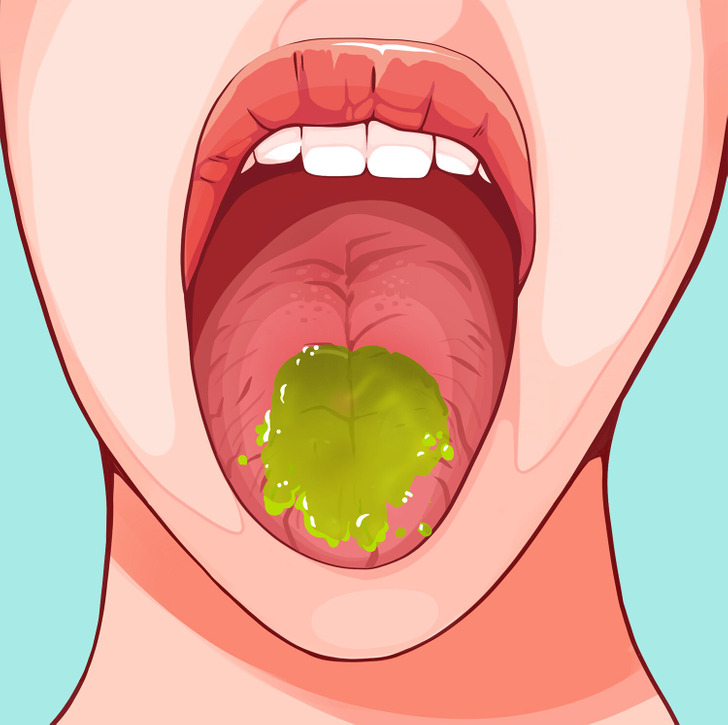
It might sound strange, but caffeine’s acidic effects can cause a greenish coating to appear on your tongue. This often happens when your digestive system is struggling to process the acid, leading to an imbalance in the bacteria in your mouth.
If you drink your coffee with lots of sugar or flavored syrups, the excess sugar can irritate your tongue and contribute to a condition called geographic tongue. This irritation may lead to green discoloration on the tongue over time, along with discomfort or sensitivity.
Midday energy crashes
Caffeine is supposed to give you energy, but for some, it does the opposite—leading to extreme energy crashes just a few hours later. This happens because caffeine triggers a spike in adrenaline and blood sugar, which quickly drops, leaving you feeling drained. If you find yourself desperate for another cup by early afternoon, you might be in a vicious cycle of dependence. Listening to your body and cutting back could help even out your energy levels.
Swelling
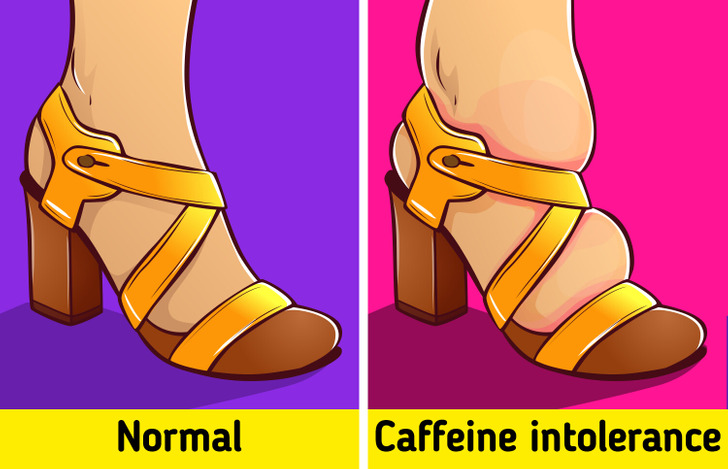
For some people, caffeine isn’t just an energy booster—it’s something their body sees as an unwelcome guest. When someone has a caffeine intolerance or allergy, their immune system overreacts, treating it like a harmful substance. This triggers the release of histamine, a chemical that causes inflammation, in an attempt to "fight off" the caffeine.
As a result, some people experience swelling. If your morning coffee is leaving you feeling puffy instead of energized, caffeine intolerance might be to blame.
Insomnia that won’t quit
Even if you only drink coffee in the morning, caffeine intolerance can keep its effects lingering in your body for hours. Sensitive systems may struggle to metabolize caffeine, leaving you wired long past bedtime. This can lead to trouble falling asleep, staying asleep, or feeling rested when you wake up.
If you’re tossing and turning at night, your coffee habit might be to blame. Cutting back could restore your natural sleep rhythm and leave you feeling more refreshed.
Constant stomach upset
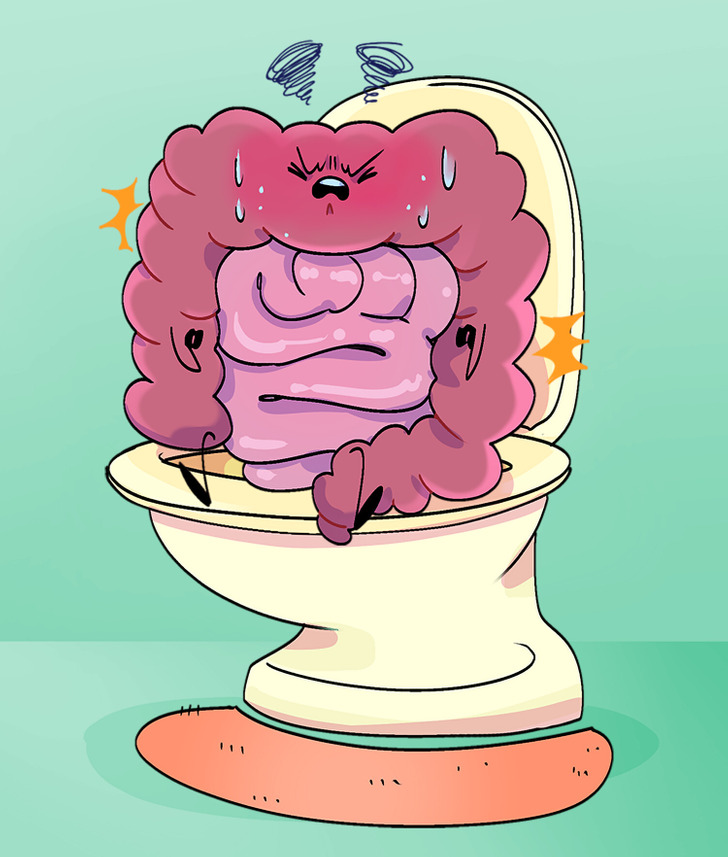
For some, caffeine irritates the gut lining, leading to bloating, cramps, or even diarrhea. This discomfort often builds up over time, leaving you feeling drained and frustrated. If your digestive system seems to rebel every time you have coffee, your body might be telling you it’s time to take a break. Switching to decaf or a herbal alternative could make a world of difference.
Fast or irregular heartbeat
A racing heart might be normal after a workout, but if it happens out of nowhere, caffeine could be the cause. This stimulant speeds up your heart rate and can lead to an irregular rhythm. It’s not just uncomfortable—it can be alarming and even dangerous in some cases.
If your heart feels out of sync after your caffeine hit, it’s worth rethinking your routine. Cutting back could help bring your heartbeat back to a healthy pace.
Increased anxiety
If you’ve noticed a rise in feelings of anxiety or restlessness after your usual caffeine fix, it could be your body’s way of signaling that it’s had enough. Caffeine stimulates the nervous system, and for some people, this can trigger feelings of anxiety. If you find yourself more jittery or overwhelmed than usual after drinking coffee, it might be worth paying attention to how your body is reacting. Reducing your caffeine intake can help calm your nervous system and bring back a sense of balance.
Dehydration despite drinking water
Caffeine’s dehydrating effects might be preventing your body from properly absorbing fluids. Even if you’re drinking water alongside your coffee, the stimulating properties of caffeine can leave you feeling parched and low on energy. If you notice this persistent thirst, it may be a good idea to cut back on your caffeine intake and restore hydration balance.
"Never order a coffee if you can’t see how it’s actually made—and I mean the whole process," a barista reveals. "We’re not allowed to tell this to customers, but your coffee is almost always made from..." Click here to read the rest.
Comments
Related Reads
My SIL Secretly Tested My Toddler’s DNA, She Didn’t See My Response Coming

12 Stories That Capture the Sweet and Sour Memories of Blended Families

I Refused to Talk to My Parents After They Chose My Ex-Wife Over Me

I Refused to Pay for Our Valentine’s Dinner—Then I Learned the Heartbreaking Truth

I Gave Up My 2-Month-Old Baby for Adoption Because I Chose My Own Happiness
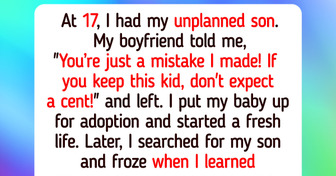
14 Stories From Cleaners That Are Wilder Than Any Movie Script

My Family Excluded My Girlfriend From Christmas Because We’re Not Married

12 Small Acts of Kindness That Quietly Changed Lives
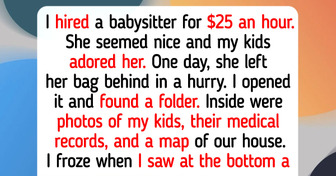
17 Moments That Remind Us Kindness Is a Choice, Not a Mood
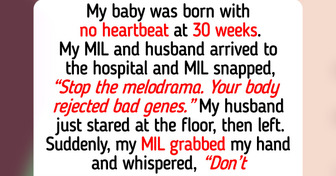
I Forbade My Stepdaughter From Eating Meat — My House, My Rules

My Boss Publicly Shamed My Small Charity Donation—So I Revealed Exactly How Much He Gave

13 Work Stories That Prove Real Life Writes Better Comedy Than Any Script

